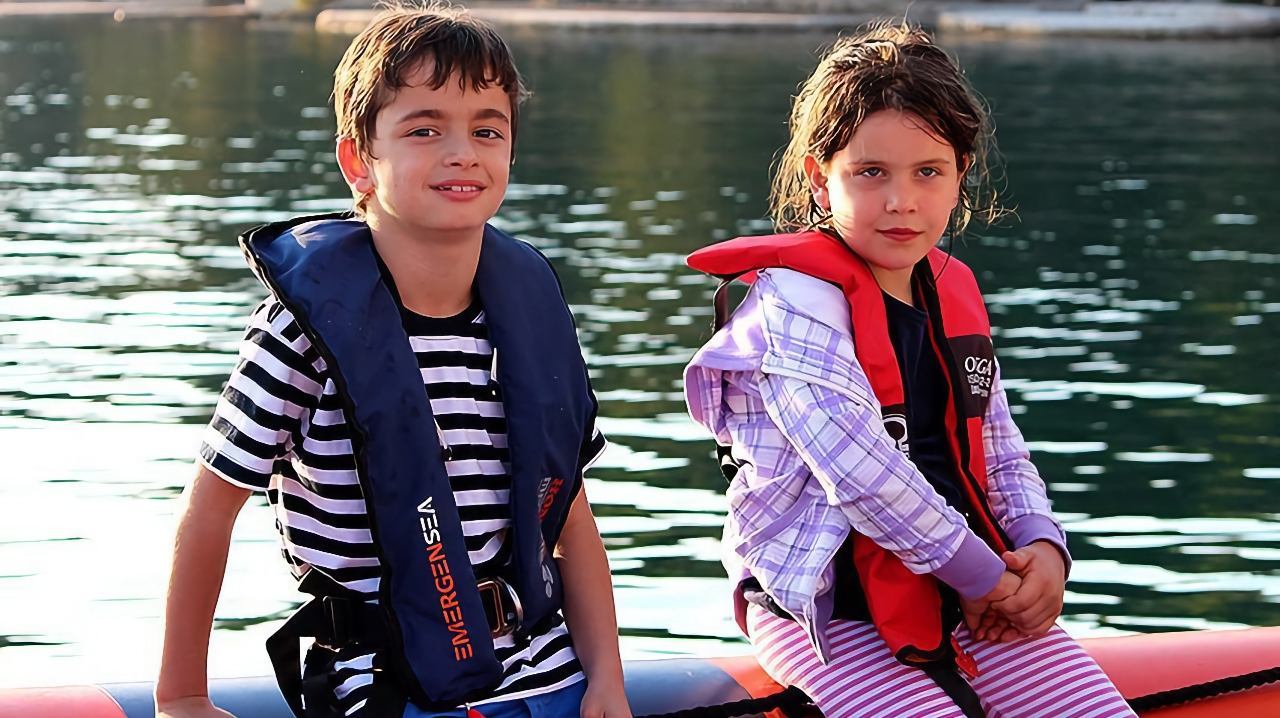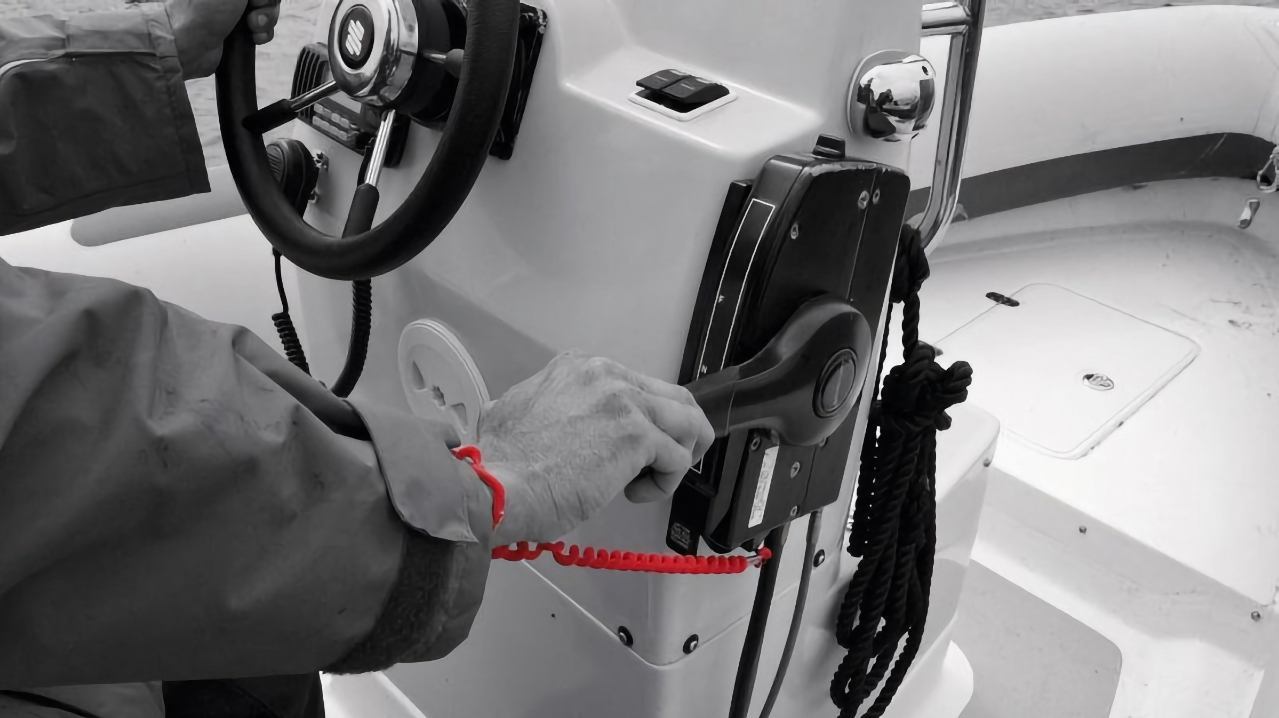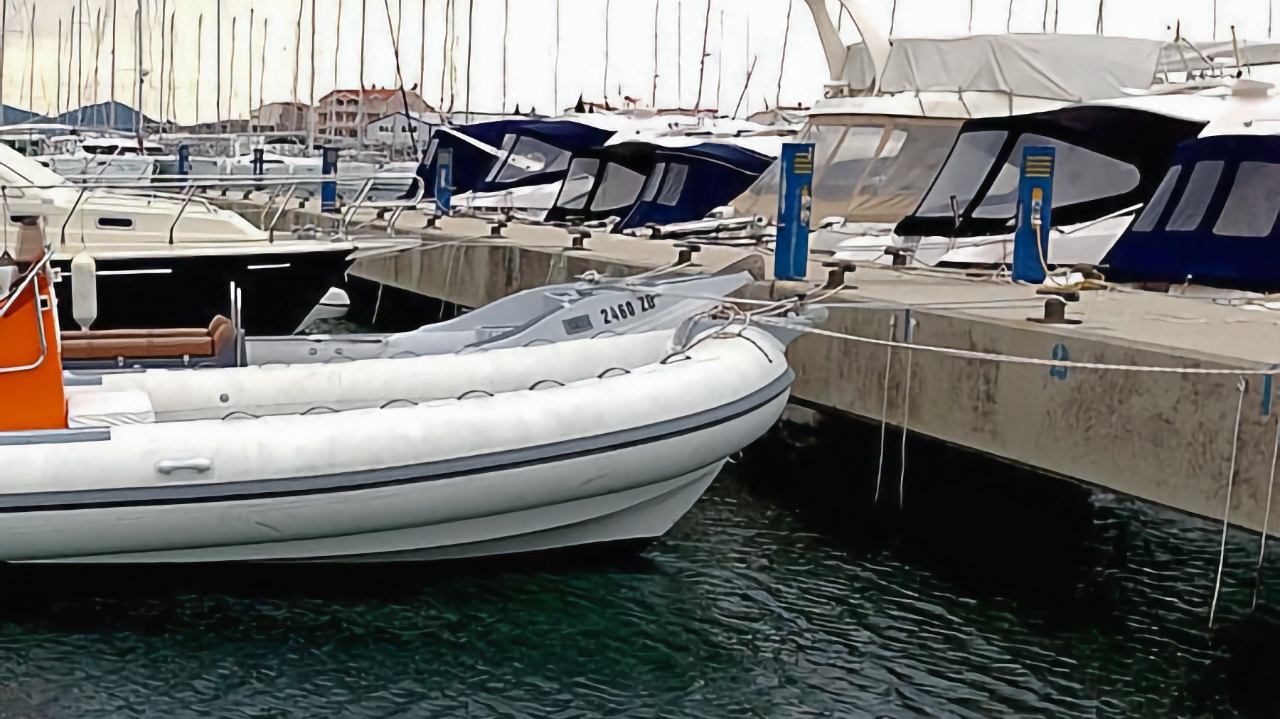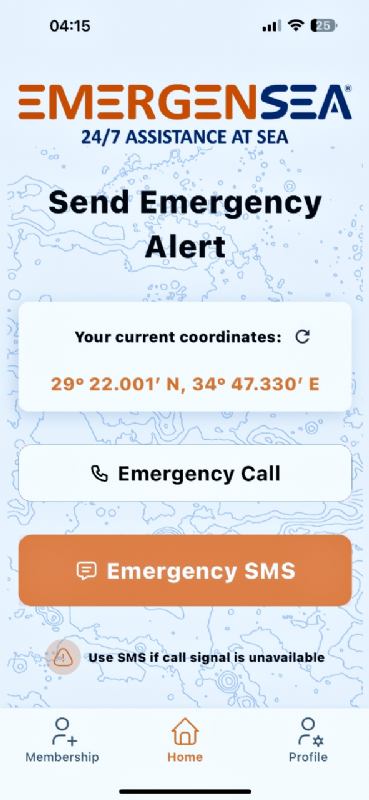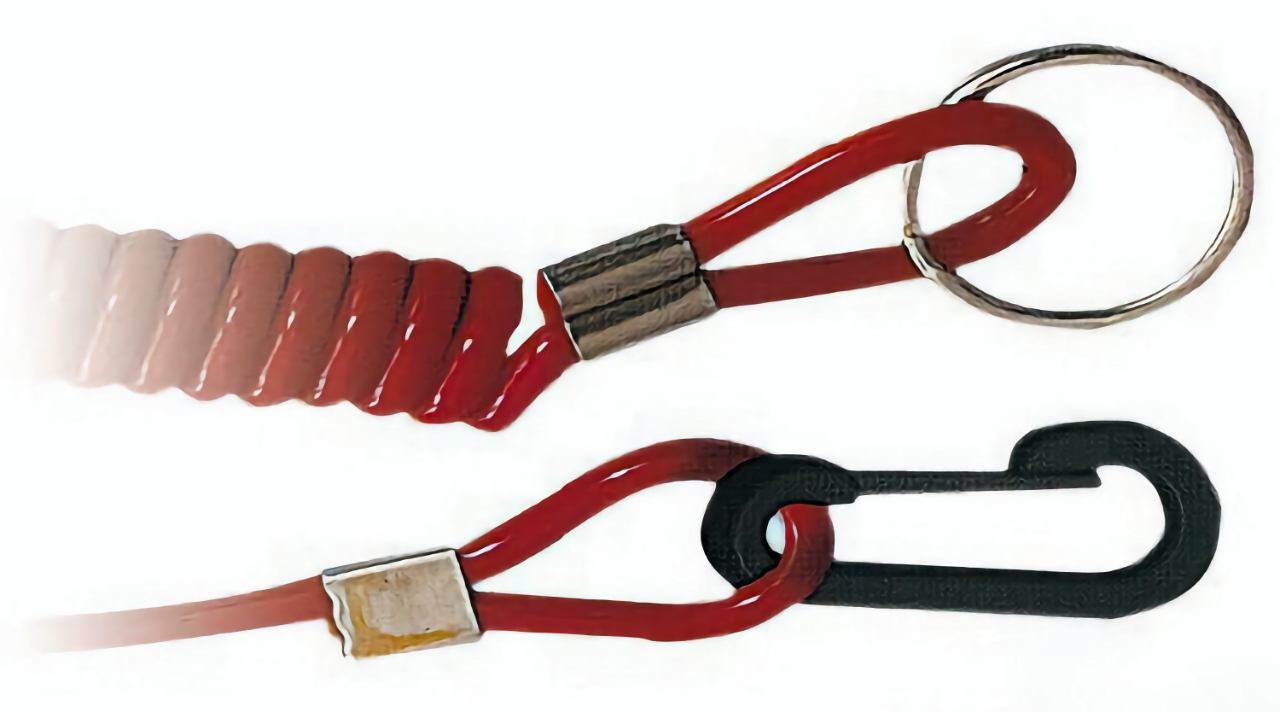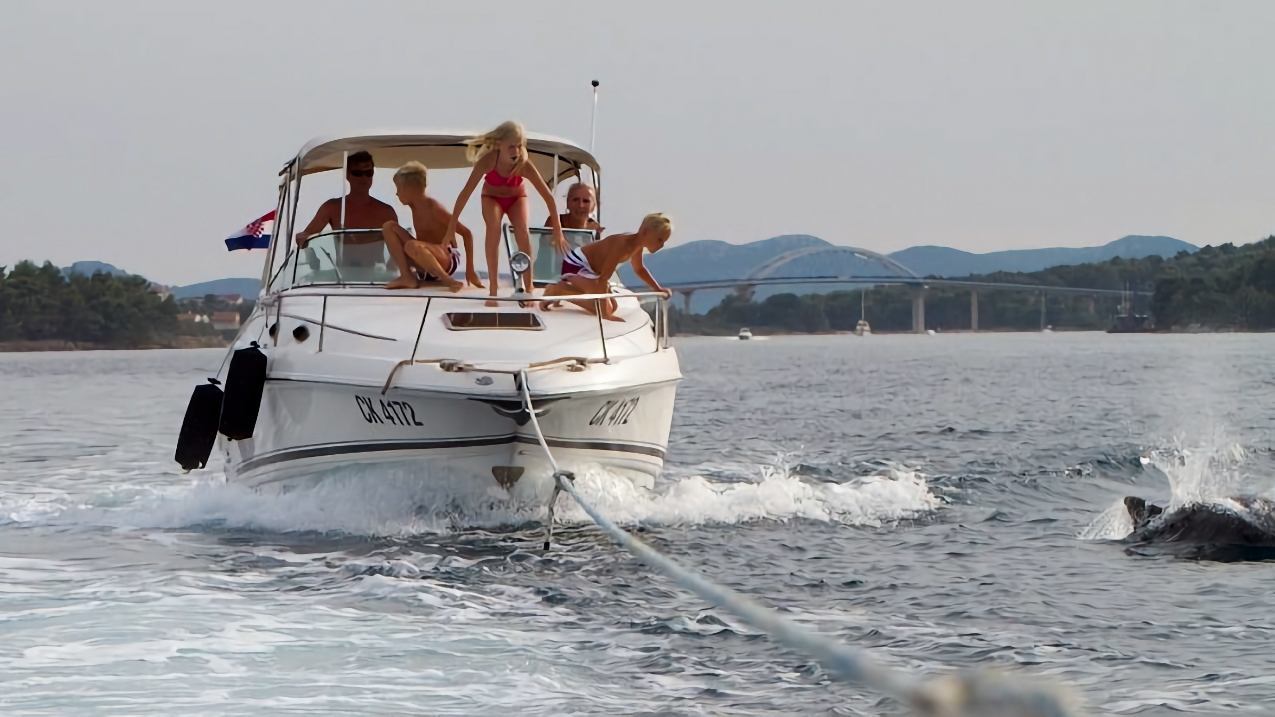10 Safety Rules for Inflatable Boats &
What to Do in Case of Breakdown at Sea
Boating with an inflatable boat, regardless of its size, can be an incredible experience. However, unexpected situations like engine failure at sea or the need for a tow to the nearest mechanic or port can happen to anyone. By following these golden rules for inflatable boat handling, you can reduce risk and ensure safety for yourself and your passengers.
1. Boarding the inflatable boat
Safety starts with boarding. Always board with your hands free to avoid losing balance. Wet or underinflated tubes can be slippery, which can easily lead to falls and injury.
2. Preparing for the trip
Before setting off, organize everything on the boat so it doesn't interfere with your trip. Make sure all passengers are seated and can hold onto stable parts of the boat. Also, ensure children and non-swimmers wear life jackets to stay protected during the voyage.
3. Securing items and passengers
Each passenger should have a secure seat, and all items must be stored safely to prevent them from flying around the boat. Unsecured equipment can cause problems during the trip and increase the risk of accidents.
4. Attention before departure
Before starting the engine, ensure all ropes are properly stored. Ropes in the water can easily get caught in the propeller, causing an engine failure at sea. This is one of the most common reasons why boat owners require a tow to the nearest mechanic or port.
5. Maintaining safe speed
After leaving the dock, maintain a moderate speed, especially near the shore and in areas with swimmers or other boats. Sudden acceleration can throw passengers overboard or cause falls, especially during sharp turns.
6. What to do in case of breakdown at sea
If an engine failure at sea occurs, remain calm. Drop anchor to stabilize your position and try to assess the problem. If you can't resolve the issue, immediately contact EmergenSea to request a tow to the nearest mechanic or port. It's crucial to always have your boat's documents and emergency contact numbers on hand.
7. Night navigation
Boating at night requires extra caution. Always use navigation lights and reduce your speed, as smaller boats often don't have lights on. Also, be aware of possible obstacles like floating logs or fishing nets.
8. Safety lanyard
Never forget to attach the red safety lanyard to the skipper. In case the skipper falls overboard, the lanyard will automatically shut off the engine, preventing the boat from sailing away without you.
9. Regular engine checks
Before each trip, check the engine, fuel, and safety equipment. Regular maintenance reduces the chances of engine failure at sea and ensures a safe journey.
10. Always have EmergenSea’s number on hand
In emergencies, contact EmergenSea. Whether you need a tow to the nearest mechanic or port due to engine failure or other issues, this number can save your day: 0996 112 112.
Conclusion:
In addition to these 10 golden rules that every skipper on an inflatable boat should adopt, it’s essential to always be prepared for the worst scenarios and know how to prevent them. For example, if you've been enjoying a day on the sea and forget to check your fuel, you could end up stranded far from usual routes. In such situations, the EmergenSeaemergency network number (0996 112 112) can be your lifeline, available 24/7. If you rent an inflatable boat, pay attention to the documents and insurance, and inform yourself in advance about what to do in case of trouble. Remember, accidents can happen when you least expect them. Adopt these 10 rules as your mandatory habits and reduce risks to a minimum.


